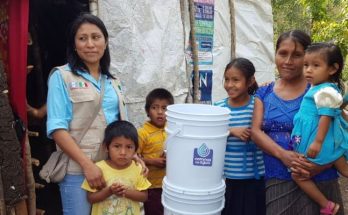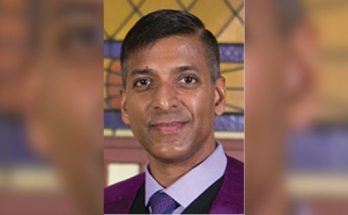By Don Patterson
In the last edition, we talked about how a gringo became part of Jesús Correa’s cabinet as Director of Environment and Ecology.
Jesus bent forward over the small round table separating us and with an in your face attitude announced, “I want you to get to the bottom of our environmental problems affecting the municipality.»
It wasn’t long before the magnitude of what I had accepted to take on hit me. The first time was when the mayor and his cabinet were presented to the public in the main plaza.
Immediately the secretary informed me that there were some farmers waiting to speak with me. There were six of them and not enough chairs. Nevertheless I invited them to sit. Their refusal and stern continuances was a bit chilling. Their leader, a man named Crecencio Ramirez, from Cruz Del Palmar, came right to the point.
“One of your inspectors has had one of our companions arrested this morning.”
I thought of my short speech less than five minutes ago to the employees—especially the part about clouds on the horizon. The only thing I could come up with was a question.
“Why was he arrested?”
“He was arrested for extracting sand in the San Marcos River.”
As I made no attempt to interrupt him he continued, “It is not fair. Why are some people allowed to extract sand with backhoes and dump trucks but only the campesinos (farmers) using shovels are arrested and fined by the government?”
There was a uniform nodding of heads in front of me. They were obviously sincere but with nothing of anger or aggression in their attitude. I had no idea why or even if this was really happening. There was only one response for me—the simple truth.
“I don’t know. But I will find out.”
Their expressions and body language seemed to indicate that my response was not what they wanted to hear. I realized I must give them something more concrete.
“Look, I have been in this office for less than thirty minutes. There are a lot of things that I am not aware of or have knowledge of, but I will find out. Give me a few days and I will get back to you.”
This appeared to satisfy them so I stood up, shook each and every hand and walked them to the door of my new office. The secretary was standing just outside the open door and said, “There is a Mrs. Hernandez waiting to see you.”
“Tell her I will receive her in a minute. In the meantime, who is in charge of our inspectors?”
“That would be the legal counsel for our department, the attorney Blas Huerta.”
“If he is here, send him in right away.”
I found out from Blas that the National Water Commission was in charge of all the water sources in the country. They set the rules for all matters dealing with the rivers and streams, as well as the groundwater in the aquifers. He also told me that this federal institution had a state office in Celaya. Blas informed me that the inspectors in our department were acting as the environmental police for the rules set up by the federal government. I asked Blas for a copy of the rules, which apparently we did not have, so I told him to make me an appointment with the State delegate of the national water commission, as soon as possible. After he left Mrs. Hernandez came into the office. After she left it was nonstop.
Photo by Rosario Ruiz.




